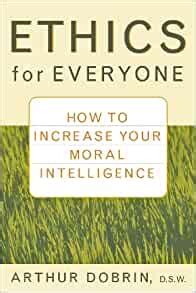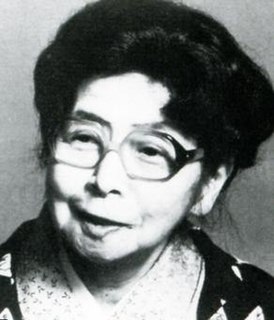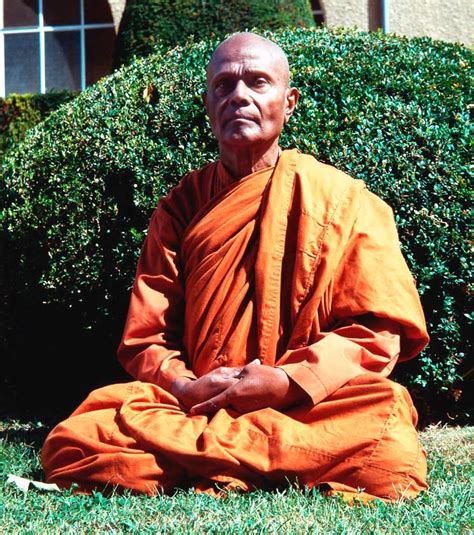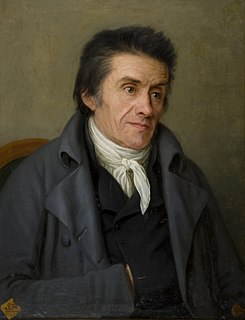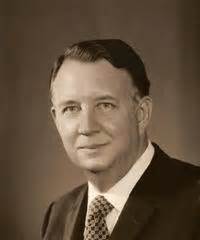A Quote by Albert Camus
But what is happiness except the simple harmony between a man and the life he leads?
Related Quotes
There you have the two extremes: the man that is concerned mainly with the hidden life, and the man who seriously concerns himself with the expression of that life. What I want to do is to bring about harmony between the two extremes, for therein lies the Truth. The harmony of life is the understanding of Truth.
Happiness consists not of having, but of being; not of possessing, but of enjoying. It is a warm glow of the heart at peace with itself. A martyr at the stake may have happiness that a king on his throne might envy. Man is the creator of his own happiness. It is the aroma of life, lived in harmony with high ideals. For what a man has he may be dependent upon others; what he is rests with him alone.
Happiness--a small-scale, endearing, harmonious happiness--surely dwelt here beneath the low-powered lamps in the tiny rooms of these houses. A small-scale happiness and a modest harmony: let a man cry out, let him rage, let him howl with grief with all the power of which he was capable, what more than these could he ever hope to gain in this life?
Blessed is he who has found his work; let him ask no other blessedness. He has a work, a Life-purpose... Get your happiness out of your work or you will never know what real happiness is... Even in the meanest sorts of Labour, the whole soul of a man is composed into a kind of real harmony the instant he sets himself to work!
Thinking leads man to knowledge. He may see and hear, and read and learn, as much as he please; he will never know any of it, except that which he has thought over, that which by thinking he has made the property of his mind. Is it then saying too much if I say, that man by thinking only becomes truly man? Take away thought from man's life, and what remains?
This philosophical postulate that the end of all being is the happiness of man has been sort-of covered over with evangelical terms and biblical doctrine - until God reigns in heaven for the happiness of man, Jesus Christ was incarnate for the happiness of man, all the angels exist and ... everything is for the happiness of man - and I submit to you that this is unchristian.
The simplification of life is one of the steps to inner peace. A persistent simplification will create an inner and outer well-being that places harmony in one's life. For me this began with a discovery of the meaninglessness of possessions beyond my actual and immediate needs. As soon as I had brought myself down to need level, I began to feel a wonderful harmony in my life between inner and outer well-being, between spiritual and material well-being.

